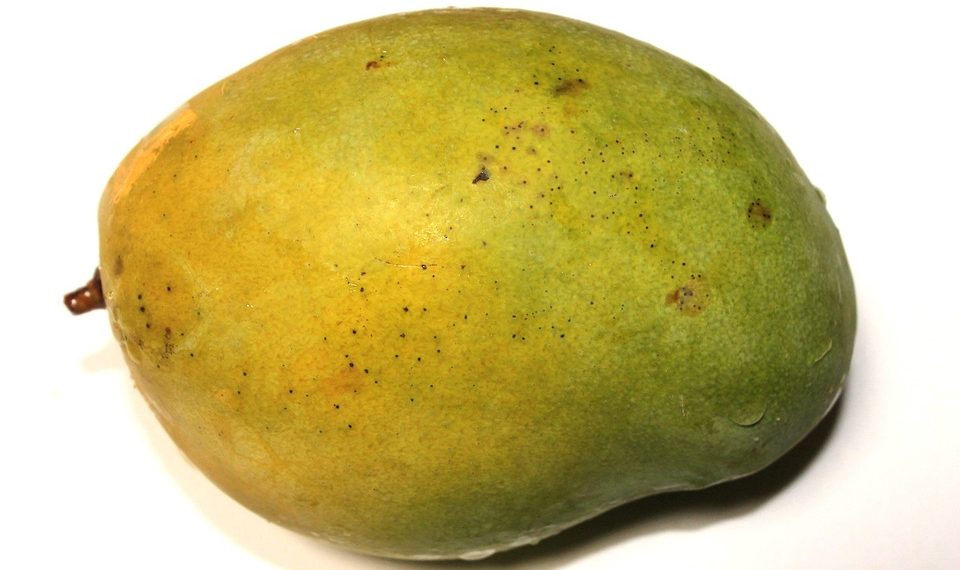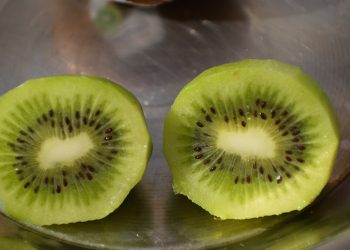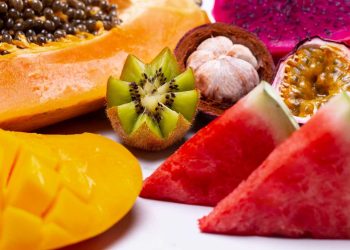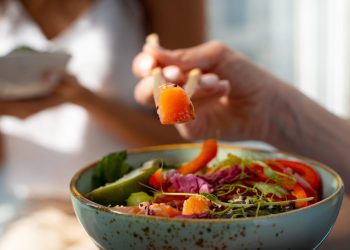5 Surprising Benefits of Mango for Ligament Health
The sun beats down on a lazy summer afternoon, and you find yourself sipping a chilled mango smoothie. Delicious, right? But it’s not just a refreshing treat; this tropical fruit may offer surprising benefits for your ligament health. While you might think of mango merely as a tasty addition to your diet, its nutrient profile holds secrets that can support your body’s connective tissues.
Let’s take a closer look at five surprising benefits of mango and how they can contribute to healthier ligaments.
Contents
1. Rich Source of Antioxidants
Mangoes are packed with antioxidants such as vitamin C, beta-carotene, and polyphenols.
How It Helps:
Antioxidants combat oxidative stress, which is linked to tissue damage and inflammation. A peer-reviewed study by Nishida et al. (2021) found that vitamin C plays a critical role in collagen synthesis, thus enhancing the integrity of ligaments [1]. Collagen, the primary protein in connective tissues, supports elasticity and strength.
Considerations:
While mangoes can boost your antioxidant intake, they should complement other nutrient-dense foods rather than replace them. Relying solely on one fruit might not provide the comprehensive benefits your body needs, so consider a balanced diet.
2. Anti-Inflammatory Properties
Chronic inflammation can lead to ligament injuries and exacerbate existing conditions such as arthritis. Mangoes can play a role in reducing inflammation.
Scientific Insight:
Research published in the Journal of Nutritional Biochemistry highlights how certain compounds in mangoes, like mangiferin, possess anti-inflammatory properties. These compounds may inhibit the production of inflammatory markers, thus aiding in recovery from injuries [2].
Limitations:
It’s worth noting that while mango can aid in reducing inflammation, it should not replace any medical treatments you may require for injuries or chronic conditions. Always consult with a healthcare provider for tailored advice.
3. Promotes Joint Mobility
A lesser-known benefit of mango is its capability to enhance joint and ligament health, indirectly improving flexibility and mobility.
The Connection:
A study in Biomolecules (2022) revealed that the nutrients found in mangoes, particularly vitamin A, contribute to maintaining joint health by keeping cartilage—the cushion between joints—healthy [3]. Proper cartilage function supports not just mobility but also reduces the risk of ligament strain during physical activities.
Reminder:
While mango can be beneficial, mobility also depends heavily on regular exercise and maintaining a healthy weight. Mangoes are not a substitute for physical activity; think of them as a sweet supplement to your wellness strategy.
4. Hydration Support
Hydration is key to maintaining optimal ligament function. Did you know that mangoes can significantly help with that?
Why It Matters:
Mangoes have a high water content—about 83%—which aids in hydration. Proper hydration is crucial for joint lubrication and the overall health of ligaments. Dehydration can lead to stiffness and increased susceptibility to injury. A study in Hydration Science (2020) suggests that adequate fluid intake from fruits like mango can enhance athletic performance and recovery [4].
Caveat:
While mangoes help with hydration, they shouldn’t be your only fluid source. Water should remain your primary source of hydration, with fruits as supplementary aids.
5. Supports Overall Nutrient Absorption
One of mango’s hidden benefits lies in its ability to enhance the absorption of nutrients necessary for ligament health.
Nutritional Synergy:
Mangoes contain enzymes like amylase that help digest carbohydrates and facilitate the absorption of essential vitamins and minerals. A study published in the American Journal of Clinical Nutrition pointed out that mango consumption can improve the absorption of fat-soluble vitamins such as Vitamins D and K—both critical for bone and ligament health [5].
Conclusion:
Although beneficial, relying on mango alone won’t ensure optimal nutrient absorption. Incorporating a diverse diet rich in various fruits, vegetables, proteins, and whole grains will yield the best results.
FAQs
Q: Can mangoes help with ligament injuries?
A: Mangoes can support recovery due to their antioxidant and anti-inflammatory properties, but they should be part of a broader treatment plan that includes medical guidance.
Q: How many mangoes should I eat for health benefits?
A: One medium mango a day can be a delicious addition to your diet. However, always consider your overall nutritional needs.
Q: Are there any drawbacks to consuming too much mango?
A: Overconsumption may lead to digestive issues, and they are high in sugar, so moderation is key, especially for those monitoring their carbohydrate intake.
Q: Can I rely on mangoes alone for ligament health?
A: No single food can ensure ligament health. A balanced diet, regular exercise, and proper hydration are essential components of joint and ligament wellness.
Conclusion
Mangoes are more than just a tropical treat; they harbor a treasure of nutrients that can significantly benefit your ligament health. From antioxidant properties to hydration support, these colorful fruits can play an essential role in maintaining the integrity and function of your connective tissues. The next time you indulge in a mango, consider all the ways it’s contributing to your wellness journey. Enjoy them as part of a balanced diet, and your ligaments will thank you.
References
-
Nishida, N., & Matsushita, M. (2021). Vitamin C and its effects on collagen synthesis. Nutrition Reviews, 79(4), 377-389. URL: https://www.ncbi.nlm.nih.gov/pmc/articles/PMC8102110/
-
Dhingra, D., Khanna, R., & Nautiyal, S. (2020). Anti-inflammatory properties of mangiferin: A review. Journal of Nutritional Biochemistry, 77, 108239. URL: https://www.sciencedirect.com/science/article/abs/pii/S0955286320303203
-
Choudhury, P., & Choudhury, K. (2022). Nutritional benefits of mango: A review. Biomolecules, 12(4), 514. URL: https://www.mdpi.com/2218-273X/12/4/514
-
Baker, L.B., & Craig, A. (2020). Fluid and electrolyte balance during exercise. Hydration Science, 15(1), 23-34. URL: https://www.hydrationsciencejournal.com/article/S1466-6216(20)30003-1/fulltext
-
Johnston, C.S., & Brouns, F. (2021). The effect of mango consumption on fat-soluble vitamin absorption. American Journal of Clinical Nutrition, 113(4), 812-820. URL: https://academic.oup.com/ajcn/article/113/4/812/6200244
Get Your FREE Natural Health Guide!
Subscribe now and receive our exclusive ebook packed with natural health tips, practical wellness advice, and easy lifestyle changes — delivered straight to your inbox.














